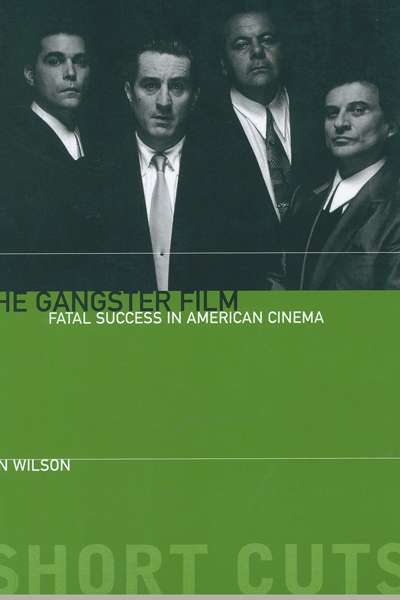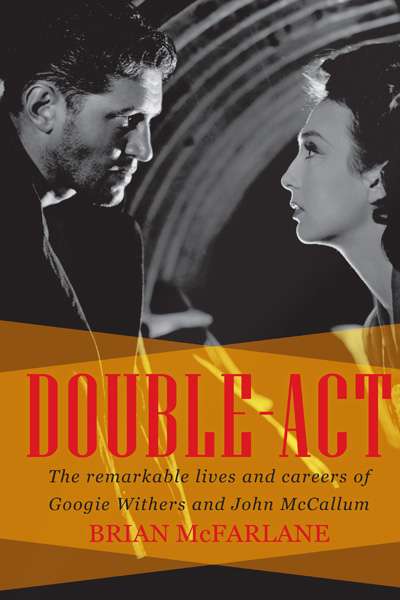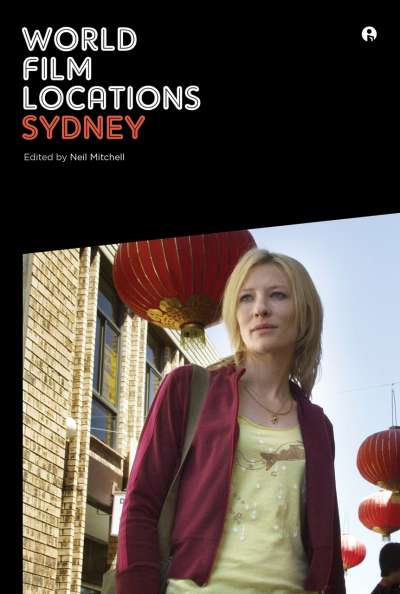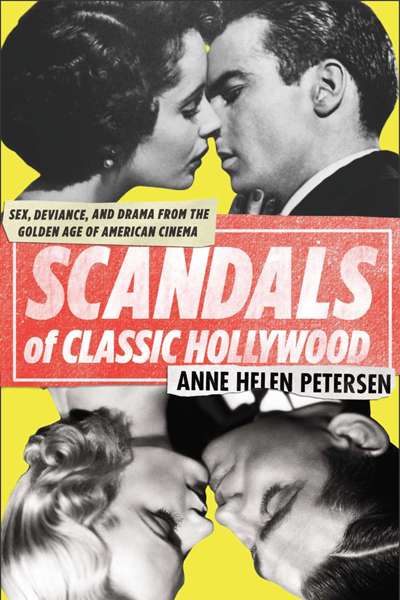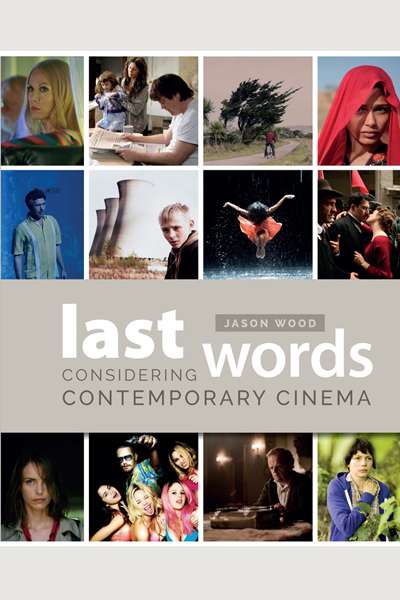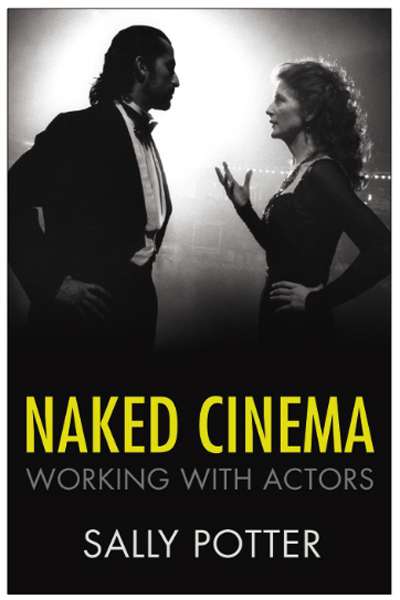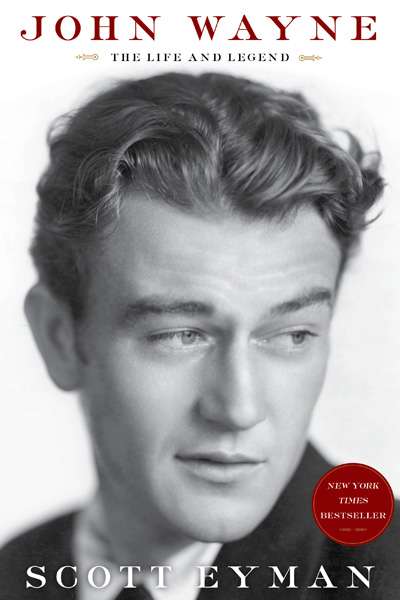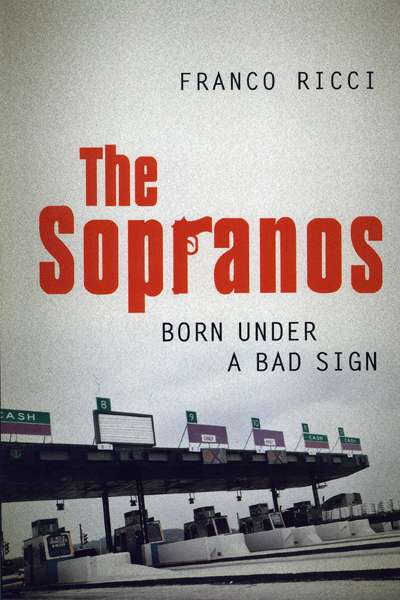Film Studies
The Gangster Film: Fatal success in American Cinema by Ron Wilson
by Jake Wilson •
Double-Act: The remarkable lives and careers of Googie Withers and John McCallum by Brian McFarlane
by Desley Deacon •
In a hit-driven commercial climate, creating film franchises makes economic sense. Consumers who enjoyed the first The Best Exotic Marigold Hotel are likely to purchase a ticket to the sequel. Those who have committed more than eleven hours’ viewing to the first six films in The Fast and the Furious series will probab ...
To complement James McNamara’s article we invited a number of cultural commentators and film and television professionals to nominate their favourite television drama series. ... (read more)
The Sopranos: Born under a bad sign by Franco Ricci
by James McNamara •

